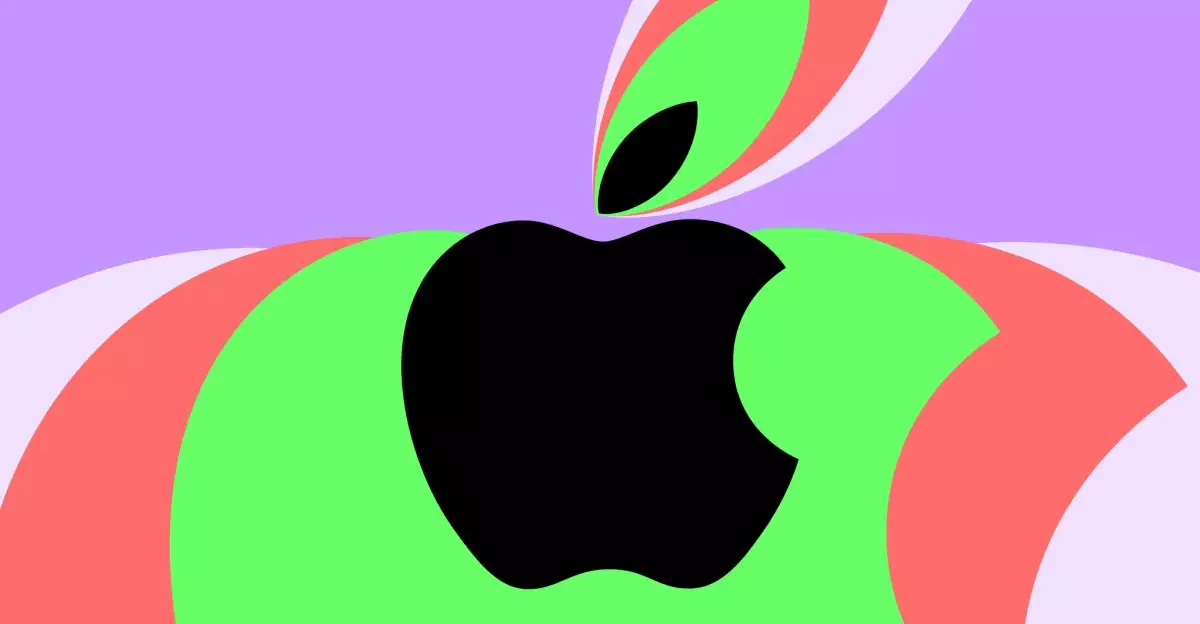In a landmark decision, Apple has found itself wrestling with the implications of antitrust rulings across various jurisdictions. Recent Brazilian developments have mandated that Apple permit alternative app stores on its iOS platform within a tight 90-day window. This ruling adds to the breadth of similar directives from the European Union, pushing the tech giant to navigate through uncharted waters in its operational model. Such regulatory pressures are not merely warnings but signify a monumental shift in how major tech companies cater to rising competitive demands.
The crux of the ongoing issue lies in the balance between maintaining a closed ecosystem and accommodating the growing clamor for consumer choice. Apple’s insistence on a controlled environment has long been justified by arguments centered around security and user experience. However, as other regions begin to open up to more varied app marketplaces, Apple is left facing scrutiny regarding its choices—choices that seem increasingly outdated in today’s fast-paced digital environment.
Market Dynamics: The Case of Mercado Livre
The Brazilian investigation was sparked by a complaint from Mercado Livre, a dominant player in e-commerce within Latin America. This move illustrates how local businesses can challenge tech behemoths, reflecting an ongoing trend where regulatory bodies support domestic enterprises against established giants. As these smaller firms gain traction, their grievances shed light on the broader implications of market monopolies, pushing legislation to ensure fair competition.
The bravery exhibited by Mercado Livre in taking on such a powerful opponent can be seen as both a catalyst for change and a wake-up call for Apple. It reflects the sentiments of a growing number of consumers and developers who feel cornered by Apple’s tight grip on its digital ecosystem. The judicial support for these challenges underscores a collective demand for greater diversity in how software can be distributed and monetized, a sentiment echoed by advocates for fair trade practices in technology.
Legal Precedents and Future Implications
Judges, in issuing these rulings, have highlighted that Apple has managed to adapt in regions like the EU without incurring severe repercussions to its business model. This raises an essential question: if Apple can survive and perhaps even thrive under looser restrictions elsewhere, what are the practical reasons for clinging to an exclusive app store arrangement in markets like Brazil? Is it stubbornness, or a genuine concern for user security?
The implications of such antitrust movements extend beyond Apple. They herald a new age of scrutiny for the big tech firms and set crucial legal precedents that could reverberate globally. Countries across Latin America, Asia, and beyond may well observe these changes closely, ushering in a new era where technological freedom triumphs over monopolistic practices.
As Apple gears up for yet another appeal, the question lingers: will the company evolve to embrace a world of alternative app stores and diverse payment structures, or will it continue to resist, risking its robust reputation in the process? In the ever-evolving technology landscape, choosing to combat change rather than embrace it could ultimately be its most significant misstep.


Leave a Reply
You must be logged in to post a comment.